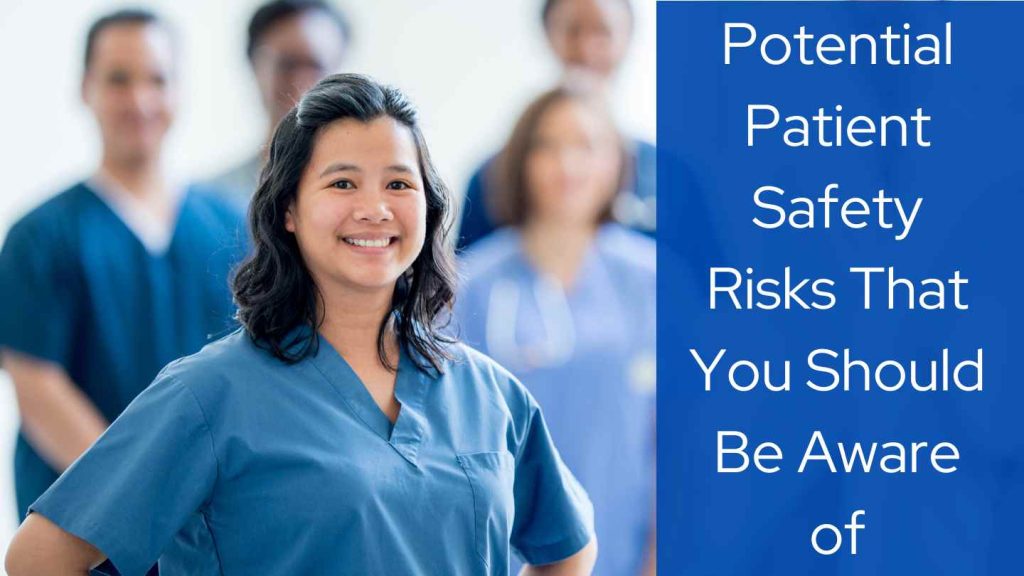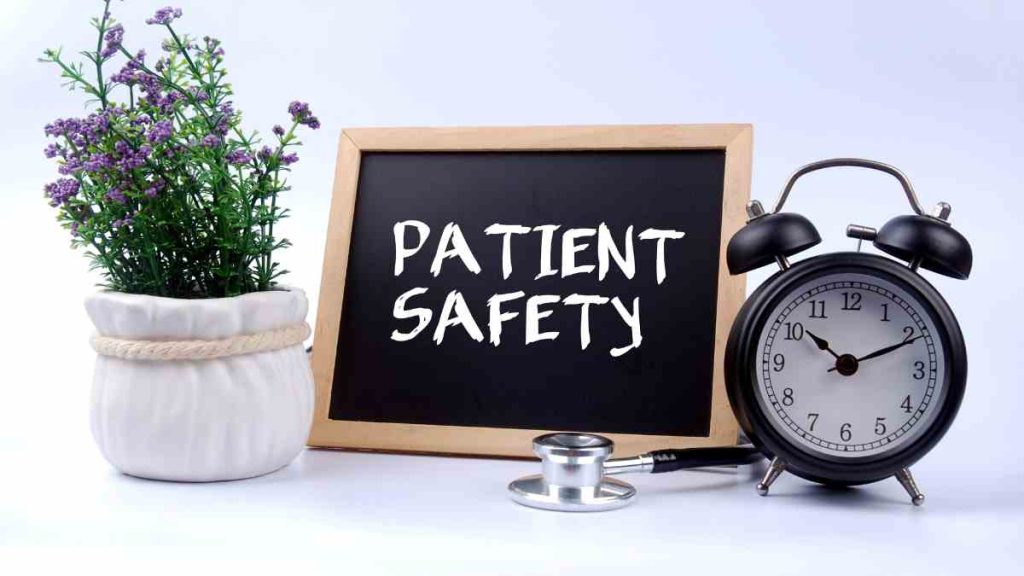- Oak Brook:(630) 705-9999
- Chicago:(312) 920-8822
- Email:inquiry@vervecollege.edu
- Make a Payment
- Home
- Programs
- Admission
- Resources
- ATI Entrance Exam Resources
- New E-Digital Library
- Refer a Friend
- School Newsletter
- Events
- Employers
- Job-Network
- Alpha Beta Kappa Candidates
- Verve College Library
- Graduation and Pinning Ceremony Photo Galleries
- Textbook Information
- Career Services
- Tutoring
- School Catalog
- FAQ
- Constitution Day Program
- Alumni
- Verve College Plans
- Financial Aid
- HEERF Reporting
- Satisfactory Academic Progress
- Apply For Financial Aid
- Net Price Calculator
- Return of Title IV Funds (R2T4)
- Financial Aid Office Code of Conduct
- Contact
- FAQs
- Verification Policy
- Vaccination Policy
- Student Right-to-Know Act
- Misrepresentation
- Information Security Program
- Academic Award Year
- Availability of Employee
- Cost of Attendance
- Health & Safety Exemption Requirement
- Students Rights and Responsibilities
- Leave of Absence
- Pell Formula
- Military Students
- Grants/ Scholarship Policy
- Contact Us
- Testimonials
- Blog
Is a Nursing Career Right For You?
Take The Free Quiz
Potential Patient Safety Risks That You Should Be Aware of
Potential Patient Safety Risks That You Should Be Aware of
Clinicians rely on accurate and timely data as well as evidence-based, clear information to deliver safe patient care. When clinicians become overworked, burnout is rampant, and data about individual patients isn’t readily available, providing care may become challenging, leading to medication errors, hospital-acquired infections (HAIs), or diagnostic blind spots, which impact care provision and patient wellbeing.
Patient Safety Risks To Look Out For
Technology can assist clinicians and reduce data barriers with an eye toward increasing patient safety risks. It’s reassuring to know that technology has such a positive effect. Nursing degrees in Illinois help nursing students learn more about this in nursing schools and nursing programs.
Medication Errors
In the US, medication errors are one of the leading causes of outpatient care after cancer and cardiovascular diseases. Due to an aging population, a lack of data regarding drug indications, and an undersized healthcare system, prescribing or dosing errors have increased dramatically in clinical care over time.
Problematic situations occur when doctors need accurate information regarding potential drug interactions between multiple medicines due to complex factors like comorbidities and pharmacogenomics for medication safety screening purposes and making decisions based on lab test results. Drug data solutions that synthesize large volumes of data may help clinicians make smarter decisions and avoid mistakes more readily than with manual systems alone.
Sepsis Infection
Hospital-acquired sepsis infections account for 50-70% of mortality; AI can provide early warning to alert rapid response teams quickly while leading nurses quickly towards diagnosing and treating patients quickly.
Integrating digital clinical surveillance tools into clinician and healthcare worker workflows can alert care teams of sepsis early and prompt immediate treatment, all while decreasing alert fatigue.
Unstructured Incomplete Patient Records
To provide quality healthcare to their patients, clinicians and healthcare professionals need to have an in-depth knowledge of their conditions. If data is incomplete or scattered across formats, clinicians are forced to make decisions using incomplete data sets, thus leading them to make potentially inappropriate decisions based on incomplete knowledge.
Unstructured data in healthcare organizations come in many forms – audio recordings, PDF documents, or sensor information — making it hard for every program to process it correctly. Experts estimate that up to 80% of health data is unstructured, consequently unavailable to clinicians or electronic health record (EHR) systems, but harnessing it can unlock valuable insights regarding individual and population health.
Recent advances in AI and clinical natural language processing (NLP) allow unstructured data to be understood more readily, with NLP that specifically targets clinical information allowing healthcare providers to better maintain patient records and develop tailored treatment plans for each individual patient.
AI and NLP technology can save healthcare systems considerable time by automating unstructured data decoding processes, helping hospital leaders and clinicians gain insights into population health trends as well as providing improved patient care decisions. You should look out for private LPN schools near me to get a deeper understanding of these patient safety risks with nursing education.
Patient Discharge Errors
The issue in healthcare institutions with clinical practice: It is essential for acute illness patients who receive care to understand how best to look after themselves with a continuum of care when leaving the provider’s office. A healthcare provider’s “discharge process” – when discharging patients after acute treatment – often presents itself as a time of vulnerability, potentially placing patients in harm’s way by overly sharing too much information; standardizing discharge practices is one effective strategy for improving outcomes and should therefore be pursued systematically.
Aged Hospital Facilities
Many hospital buildings and clinical sites built prior to today are outdated and do not meet current safety standards, leading to issues like poor ventilation or injury caused by noncompliant floor layouts. New buildings and remodels being designed today with safety engineering taking precedence are constantly being developed with patient and provider safety in mind.
Reprocessing Issues
An issue in surgical instrument reprocessing and other items used to diagnose and treat conditions is proper cleaning and storage, which ensures disease doesn’t spread or cause injury to patients. Single-use tools may help minimize mistakes when it comes to reprocessing devices like multi-use tools; however, they cannot replace multi-use ones entirely.
Want to Make a Career in Nursing? Get More Information About Our Courses!
Equipping Clinical Teams For Safer Outcomes
Clinician teams and specialists need all of the help they can get when it comes to creating safer outcomes for their patients’ complex care with strict clinical decisions. Robust technologies provide opportunities and expert solutions to uncover hidden insights within patient histories and support safer medication decisions while offering more accurate sepsis warnings. If you aspire to make a career in nursing, you should look for the best licensed practical nurse programs near me, to make way for a bright future as practice-ready nurses.
 Sign up
Sign up Login
Login





